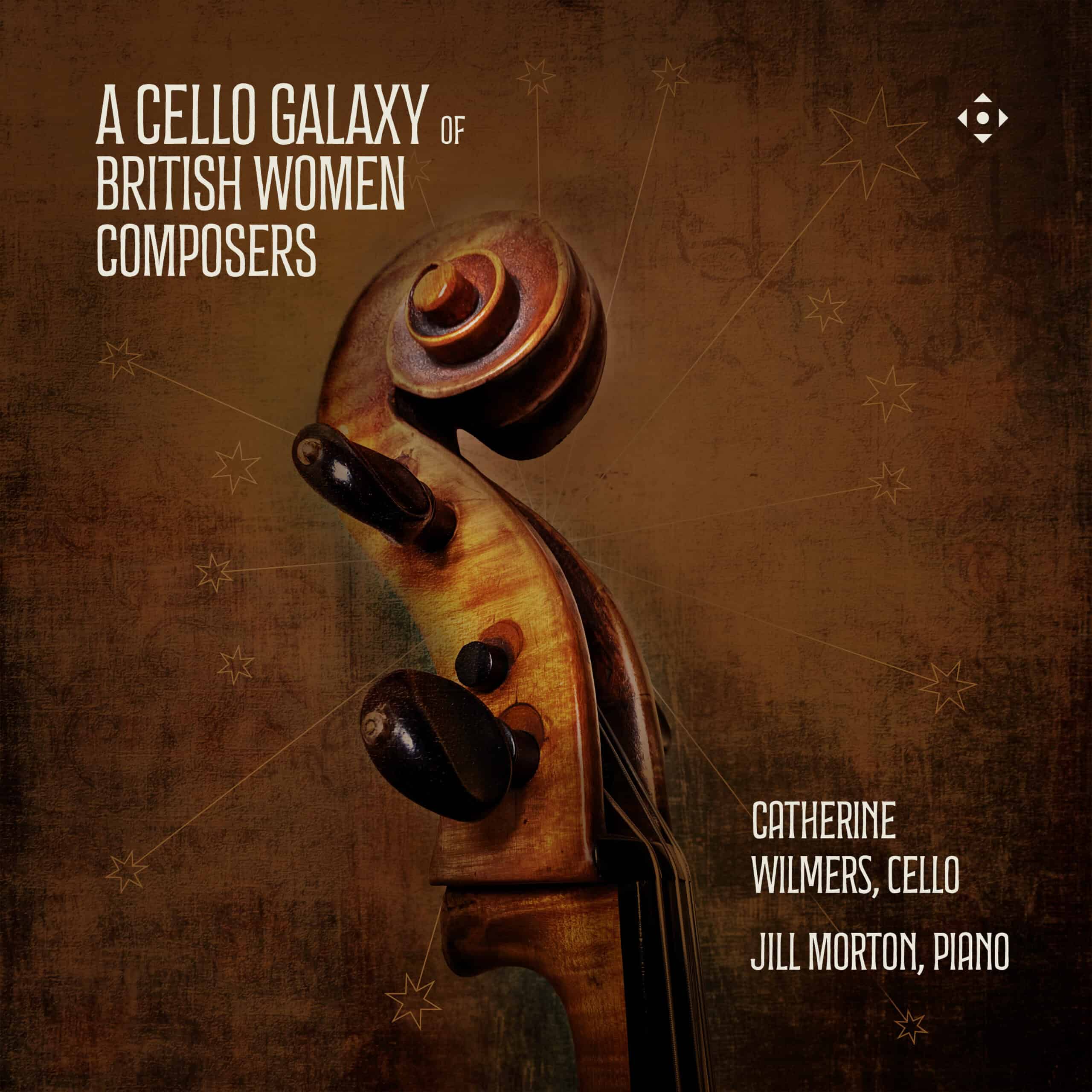Fanfare
This release creates a unique niche for itself by gathering works for cello and piano by British women composers. The first work on the program, Amy Elsie Horrocks’s Cello Sonata from 1899, is by far the longest at 23 minutes, and the strongest. Horrocks (1867–1919) was born to British parents living in Brazil. She was trained at the Royal Academy of Music in London, where she went on to teach. After marrying, she moved to France in 1907, had children, and significantly reduced her composing activity. Her music enjoyed some successes earlier in England; Henry Wood conducted some of Horrocks’s pieces at various Proms Concerts.
The Cello Sonata is written firmly in a Romantic style. The two outer fast movements have echoes of Schumann, while the central Theme and Variations evokes an almost folk-ballad-like lyricism. This piece took me by surprise, as I had never encountered a note by Horrocks before. The music demonstrates a strong melodic gift and genuine compositional rigor. I would welcome encountering it in recital, particularly if the performance were as strong and committed as the one here.
The remainder of the disc consists of miniatures, and while they are not all at the level of Horrocks’s sonata, there is enough skillfully written music to interest collectors who enjoy going off the beaten path. Of these short pieces, one with a strong compositional voice is Rebecca Clarke’s Epilogue. It was composed around the time of the death of her father in 1921 and movingly expresses what must have been complex, painful memories, since Clarke’s father was apparently cruel and even abusive. Epilogue is extremely poignant music.
Much of the rest of the program is inspired by British folk music and fits into the pastoral tradition. Some pieces are transcriptions of actual folk tunes (Joan Trimble’s The Coolin’, for example, or two of the lyrical miniatures by Elizabeth Poston). Dora Bright’s Das Fischermädchen is an arrangement of a song by Meyerbeer, and Poston’s Serenade is a transcription of one by Poulenc. There is enough variety of mood and color in the program to hold the listener’s interest. The recital ends with Wiegenlied (Lullaby) from 1911 by Alice Verne Bredt; it was first recorded on an acoustical 78-rpm disc for His Master’s Voice in 1915 by May Mukle.
The sensitive, warm performances by cellist Catherine Wilmers and pianist Jill Morton, captured in Divine Art’s well-balanced recording, make this an attractive release. While there is nothing here that qualifies as an undiscovered masterpiece, neither is there anything that makes for less than pleasant listening.
@divineartrecordingsgroup
A First Inversion Company
Registered Office:
176-178 Pontefract Road, Cudworth, Barnsley S72 8BE
+44 1226 596703
Fort Worth, TX 76110
+1.682.233.4978












